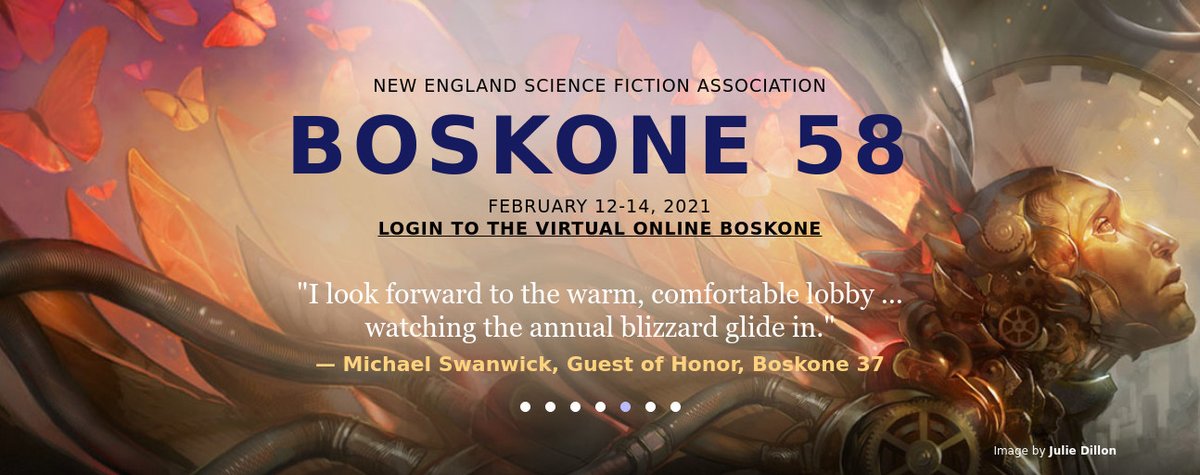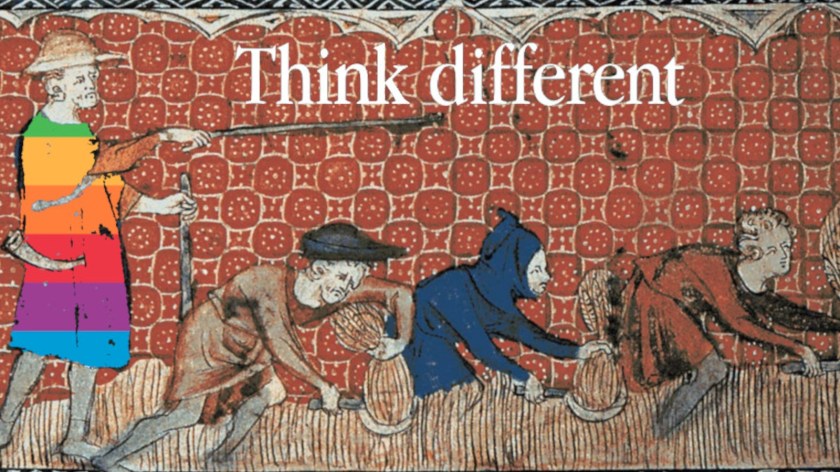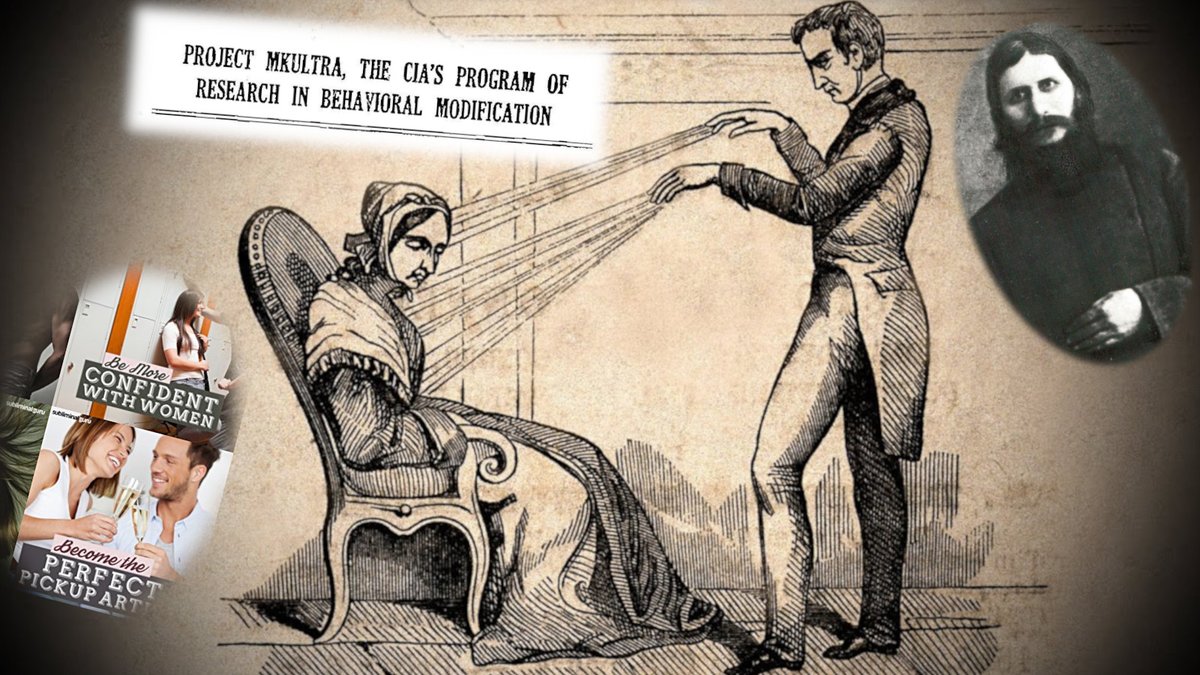
The Grand Duchy of Luxembourg is a founding member of the EU, but it's also a rogue state, enabling massive corruption throughout the trading bloc; while Cyprus and Malta will sell any corrupt robber-baron EU citizenship, it's Luxembourg that leads in laundering their money.
1/
1/

As the @TaxJusticeNet's @nickshaxson memorably put it, Luxembourg is "a criminal enterprise with a country attached" - a country where corporations are guaranteed "an easy ride on taxes, disclosure, financial regulations, and criminal enforcement."
taxjustice.net/2019/11/01/if-…
2/
taxjustice.net/2019/11/01/if-…
2/
2014's #Luxleaks exposed some of the worst corruption, whereby @PwC worked with Luxembourg officials to secure illegal tax benefits for major corporations and the world's richest people.
en.wikipedia.org/wiki/LuxLeaks
3/
en.wikipedia.org/wiki/LuxLeaks
3/
Luxleaks lead to a 2018 EU directive that required member states to publish registers of the true owners of the companies they registered.
4/
4/
Luxembourg published theirs in 2019, and @lemondefr partnered with ten media orgs for a year-long analysis of the register, which was published this week: #Openlux. The findings reveal that Luxleaks was just the tip of the iceberg.
lemonde.fr/les-decodeurs/…
5/
lemonde.fr/les-decodeurs/…
5/
Luxembourg claims that it primarily registers companies to serve Luxembourgers, but 90% of the country's companies are controlled by foreigners, lead by the French, who control 17,000 Lux companies.
6/
6/
All told, Luxembourg is home to 55,000 offsore companies with more than €6t in assets. Much of this wealth belongs to Russian oligarchs, Italian mafiosi, corrupt latinamerican leaders, and far-right EU parties like Italy's Lega.
7/
7/
Whole neighborhoods in large cities like London and Berlin are owned by Lux companies, empty safe-deposit boxes ultimately controlled by the wealthiest, most corrupt plutes of 157 countries.
8/
8/
279 of the world's ~2,000 billionaires park their money in Luxembourg through shell companies. But the country only employs 59 enforcers charged with monitoring compliance with corporate transparency laws. All told, the country's finance regulator has a mere 900 employees.
9/
9/
Thus, the secrets unearthed through Openlux only represent a fraction of the country's corruption - those companies that complied with the registration laws rather than risking enforcement by the minuscule cohort of vastly outnumbered legal enforcers.
eof/
eof/
• • •
Missing some Tweet in this thread? You can try to
force a refresh










